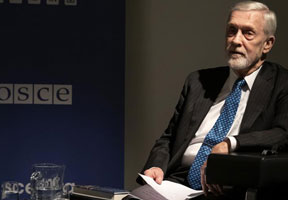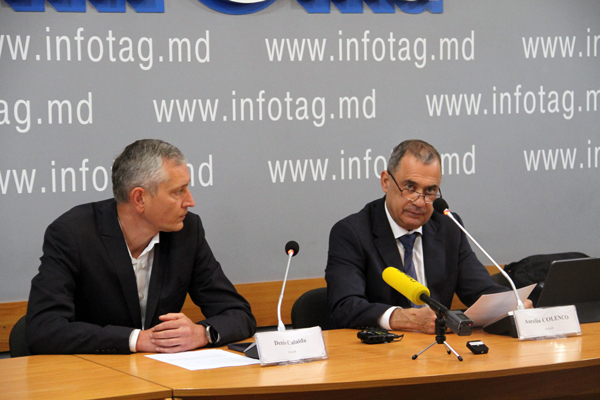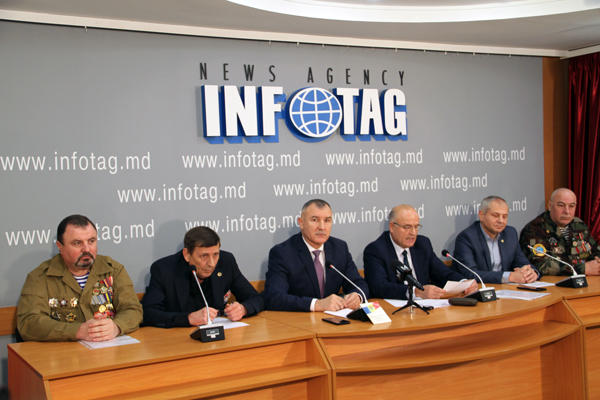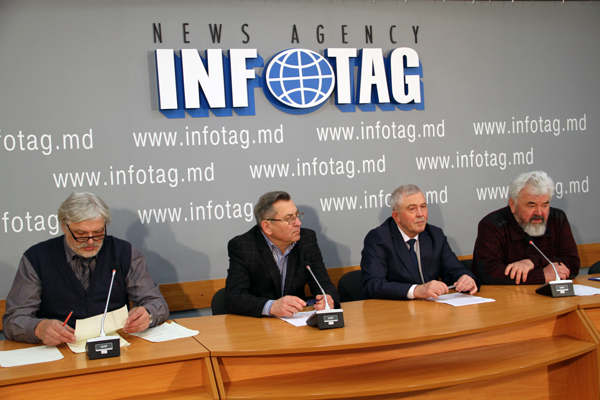Transnistria and Gagauzia
AMERICAN EXPERTS ANALYZE LATEST CHANGES IN MOLDOVA AND UKRAINE FROM VIEWPOINT OF TRANSNISTRIAN CONFLICT SETTLEMENT

The recent changes in government in Chisinau and Kiev bring some uncertainty into the Transnistrian question, believe the former Head of the OSCE Mission to Moldova William H. Hill and international law expert David J. Kramer.
In their article headlined “The Fight for the Poorest Country in Europe” written for The American Interest magazine, they wrote that Moldova’s relationship with Ukraine since 1991 has vacillated frequently and markedly between warmth and extreme irritation.
“Under Poroshenko, Ukraine was supportive of Moldova but wary of upsetting the relative stability that has prevailed in and around Transnistria in recent years. A Zelenskiy government is likely to be more militantly anti-Russian than the divided government in Chisinau. Kyiv’s hostility toward and distrust of Moscow could carry over into its attitude toward the separatist authorities in Tiraspol”, the article said.
The authors regard as an irony that the past few years have seen some practical progress in dealing with Transnistria, albeit as the result of improved relations between oligarchs: Plahotniuc, the Transnistrian Sherrif conglomerate head Viktor Gushan, and former Ukrainian President Petro Poroshenko.
“This practical progress in the Transnistrian settlement process, however, has not produced movement toward agreement on a final status for the Transnistrian region within the Republic of Moldova. While acting cooperatively on most other questions, Tiraspol has steadfastly refused to abandon its insistence on independence and international recognition. Moscow has worked surprisingly cooperatively with its partners in the “Five Plus Two” negotiation mechanism—albeit after decades of obstruction on a conflict it has helped to prolong—but it has refrained from pushing Tiraspol to agree on, or even discuss proposals for a final status. There are no firm indications of any real change in Moscow’s or Tiraspol’s positions”, wrote William H. Hill and David J. Kramer.
In their opinion, managing relations between Chisinau and Tiraspol and the Transnistrian settlement process requires the cooperation of the United States, the EU, Russia, Ukraine, and the OSCE. Thus developments on the Transnistrian issue could foretell broader political movements in the region and in Europe as a whole.
























Add Comment